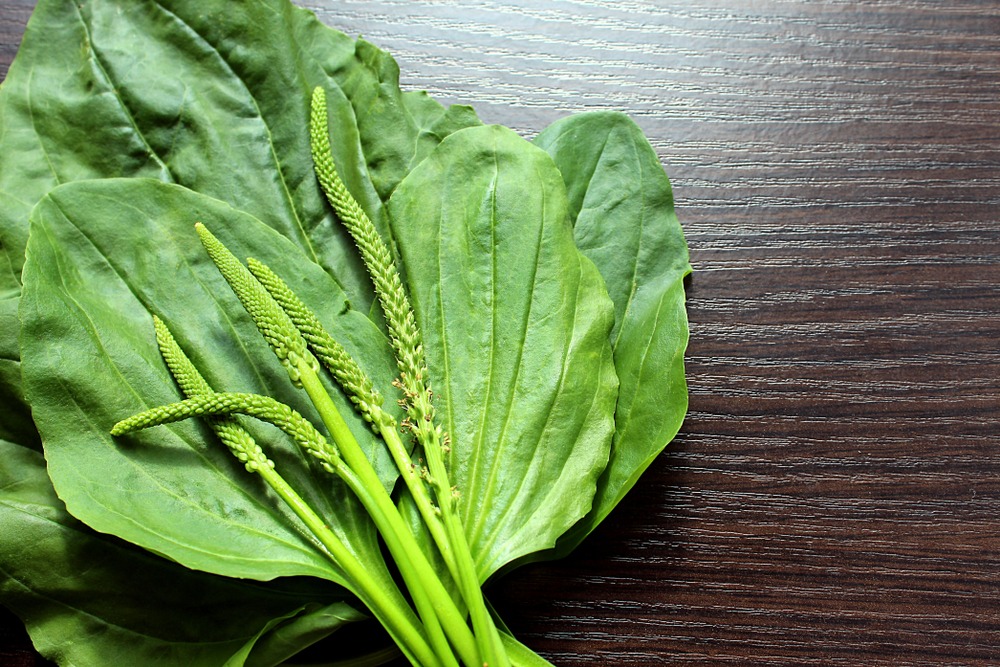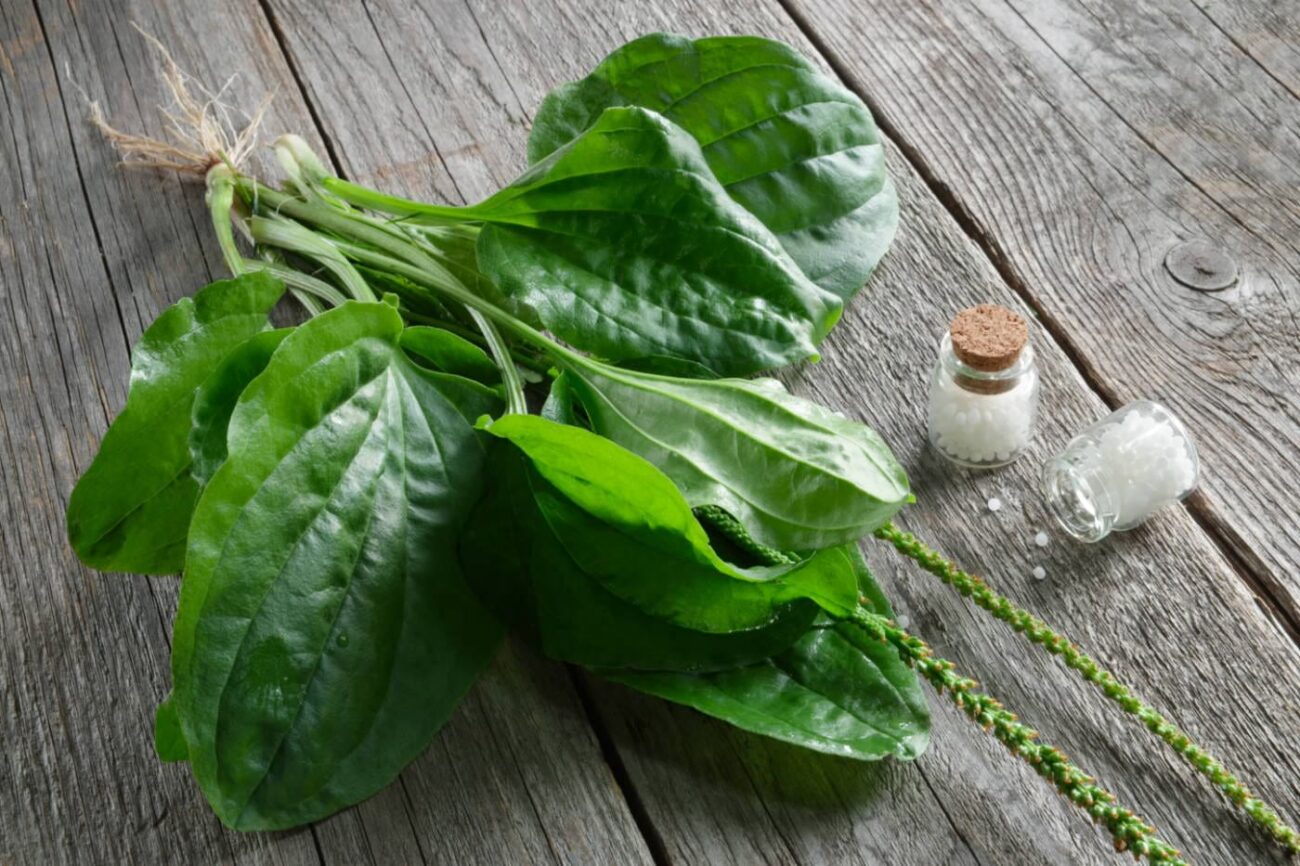Patlagina, known scientifically as Plantago major or Plantago lanceolata, is a resilient medicinal herb found in meadows, roadsides, and gardens around the world. Often dismissed as a common weed, patlagina is actually a powerhouse of healing properties. Used for centuries in traditional herbal medicine, it offers a wide array of health benefits for both internal and external use.
In this post, we explore the properties, therapeutic benefits, and potential contraindications of this remarkable plant.
What is Patlagina (Plantain)?
There are two main types of patlagina:
- Broadleaf plantain (Plantago major) – with wide, oval leaves.
- Narrowleaf or ribwort plantain (Plantago lanceolata) – with long, narrow, ribbed leaves.
Both varieties share similar medicinal properties and are used in traditional remedies across Europe, Asia, and the Americas.
Key Properties of Patlagina
Patlagina is rich in bioactive compounds, including:
- Mucilage – soothes irritated tissues
- Aucubin – a natural antimicrobial agent
- Tannins – provide astringent and anti-inflammatory effects
- Flavonoids and phenolic acids – offer antioxidant activity
- Allantoin – promotes wound healing
Thanks to these components, patlagina has the following properties:
- Anti-inflammatory
- Antibacterial
- Antiviral
- Expectorant
- Astringent
- Wound-healing
- Demulcent (soothing to mucous membranes)
Health Benefits of Patlagina
🩹 1. Wound Healing and Skin Care
Patlagina leaves can be crushed and applied directly to wounds, insect bites, burns, or eczema. Allantoin and tannins help reduce inflammation, fight infection, and accelerate tissue repair.
🤧 2. Respiratory Support
Traditionally used to treat coughs, bronchitis, and sore throats, patlagina’s mucilage soothes irritated mucous membranes while its expectorant properties help clear mucus from the lungs.
How to use: Patlagina tea or syrup can be used to calm dry coughs and ease breathing.
🩺 3. Digestive Aid
The mucilage content makes patlagina effective in soothing gastritis, ulcers, and inflammation of the digestive tract. It helps coat the stomach lining and can be used in mild cases of diarrhea due to its astringent effects.
🚽 4. Urinary Tract Health
Plantain is mildly diuretic and may support urinary health, helping reduce inflammation in the bladder or urethra.
🌿 5. Oral and Throat Health
Used as a gargle, patlagina can soothe mouth ulcers, bleeding gums, and sore throats due to its antibacterial and anti-inflammatory effects.
🌱 6. Anti-Allergic and Immune Support
Some herbalists recommend patlagina as a support for allergies or hay fever, as it may help regulate immune responses and reduce inflammation in mucous membranes.
How to Use Patlagina
- Tea/Infusion: 1–2 teaspoons of dried leaves per cup of boiling water. Steep for 10 minutes.
- Syrup: Made with plantain extract, often combined with honey for respiratory relief.
- Poultice: Crushed fresh leaves applied directly to the skin for cuts, bites, or burns.
- Tincture: Alcoholic extract used in drops for internal use.
- Capsules or tablets: Available as a dietary supplement.
Contraindications and Precautions
While generally considered safe for most people, patlagina has some cautions to be aware of:
❗ Allergies
- Individuals allergic to plantain pollen or related plants may react to the herb.
❗ Pregnancy and Breastfeeding
- Not enough evidence confirms its safety during pregnancy and breastfeeding; best to avoid unless advised by a healthcare provider.
❗ Medication Interactions
- May interact with diuretics, laxatives, or blood pressure medications due to its mild diuretic and mucilage effects.
- Mucilage may interfere with absorption of certain medications—take at least 1–2 hours apart.
❗ High Fiber Effects
- In large quantities, the fiber in plantain may cause bloating or digestive discomfort.
Always consult with a qualified herbalist or healthcare professional before starting any herbal regimen, especially if you are on medication or managing a chronic condition.

Patlagina is more than just a backyard weed—it’s a medicinal ally with a long history of use in traditional healing systems. From soothing coughs to healing wounds and supporting digestive health, this plant offers a broad spectrum of natural remedies. With proper use and awareness of precautions, patlagina can be a valuable addition to any herbal medicine cabinet.
Have you used patlagina in your wellness routine?
Share your experience or favorite recipe below!

